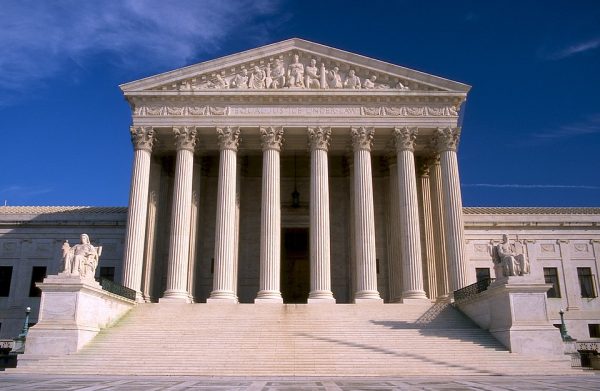In a significant interpretation of the Supreme Court’s recent decision in Universal Health Services v. United States ex rel. Escobar 136 S. Ct. 1989, 1993, 195 L. Ed. 2d 348 (2016)(Escobar), the United States District Court for the Northern District of California granted a victory to False Claims Act plaintiffs and held that the “two-part test” for materiality alluded to in the Escobar decision is not mandatory. The California District Court decision, Scott Rose, et al. v. Stephens Institute, Order Denying Motion For Reconsideration, No. 4:09-cv-059666-PJH, Dkt. No. 208 (Sept. 20, 2016)(Rose) was granted a stay earlier this year to await the Supreme Court’s decision in Escobar because the primary question in both cases was the applicability of the implied certification theory of the False Claims Act. Now that the Supreme Court unanimously held, in Escobar, that the implied certification is a viable and important theory under the FCA, Defendant Stephens Institute moved for reconsideration and its motion was denied.
In Rose, the alleged false claims regarded Stephens Institute’s Academy of Art University (AAU) affirming they would follow the Higher Education Act and the Department of Education’s regulations in order to receive federal educational grant money. The particular requirement alleged to be violated is known as the incentive compensation ban (ICB) and prohibits providing “any commission, bonus, or other incentive payment based directly or indirectly on success in securing enrollments or financial aid to any persons or entities engaged in any student recruiting or admissions activities.” 20 U.S.C. § 1094(a)(20); 34 C.F.R. § 668.14(b)(22). The relators in Rose alleged that AAU violated these obligations by basing their student recruiters’ compensation on the number of student admissions they secured.
In its motion, Stephens Institute argued, unsuccessfully, that Escobar established a “rigid two-part test for falsity that applies to every single implied false certification claim.” However, Judge Phyllis J. Hamilton discerningly held that the language in Escobar was contextual and that the Supreme Court’s language regarded the particular false claims alleged in Escobar; further holding the operative analysis is whether the specific false representations made in Rose were material to the government’s decision to make payments for those claims. The Court found that Stephens Institute’s non-compliance with Department of Education regulations was “capable of influencing the government’s payment decisions” and therefore were material and formed sufficient allegations of FCA violations.
In reaching this decision, Judge Hamilton examined several aspects of the Department of Education program and enforcement of the particular regulations AAU was alleged to have violated. Particularly, the Court examined past 9th Circuit precedent of U.S. ex rel. Hendow v. Univ. of Phoenix, 461 F.3d 1166, 1174 (9th Cir. 2006), which was found to still be binding as to materiality in light of Escobar, and thus held violation of incentive based compensation provisions were material. The Court also looked to the Department of Education’s past actions based on violations of incentive based compensation provisions and found that overwhelmingly, “the DOE took corrective actions against schools, issued fines, and entered into settlement agreements (which function like a fine or partial revocation of funds) totaling tens of millions of dollars. The government’s actions show that the DOE cared about the ICB, and that it did not always pay the claims ‘in full’ despite knowledge of the ICB violations.”
The Rose ruling provides another influential victory for False Claims Act plaintiffs and dispels the notion that Escobar established some type of rigid “heightened materiality test.” As established in the Rose decision, such a reading of Escobar would be contrary to established False Claims Act precedent as well as the language and purpose of specific government payment regulations and the False Claims Act in general. The primary take-away from Escobar now clarified through Rose is that if a false representation is made for payment, whether “express” or “implied,” and that false representation influences the government’s decision to make the payment, the False Claims Act has been violated.






Talk with an Expert
Frohsin Barger & Walthall
Call 205.933.4006 or
Send us a Message